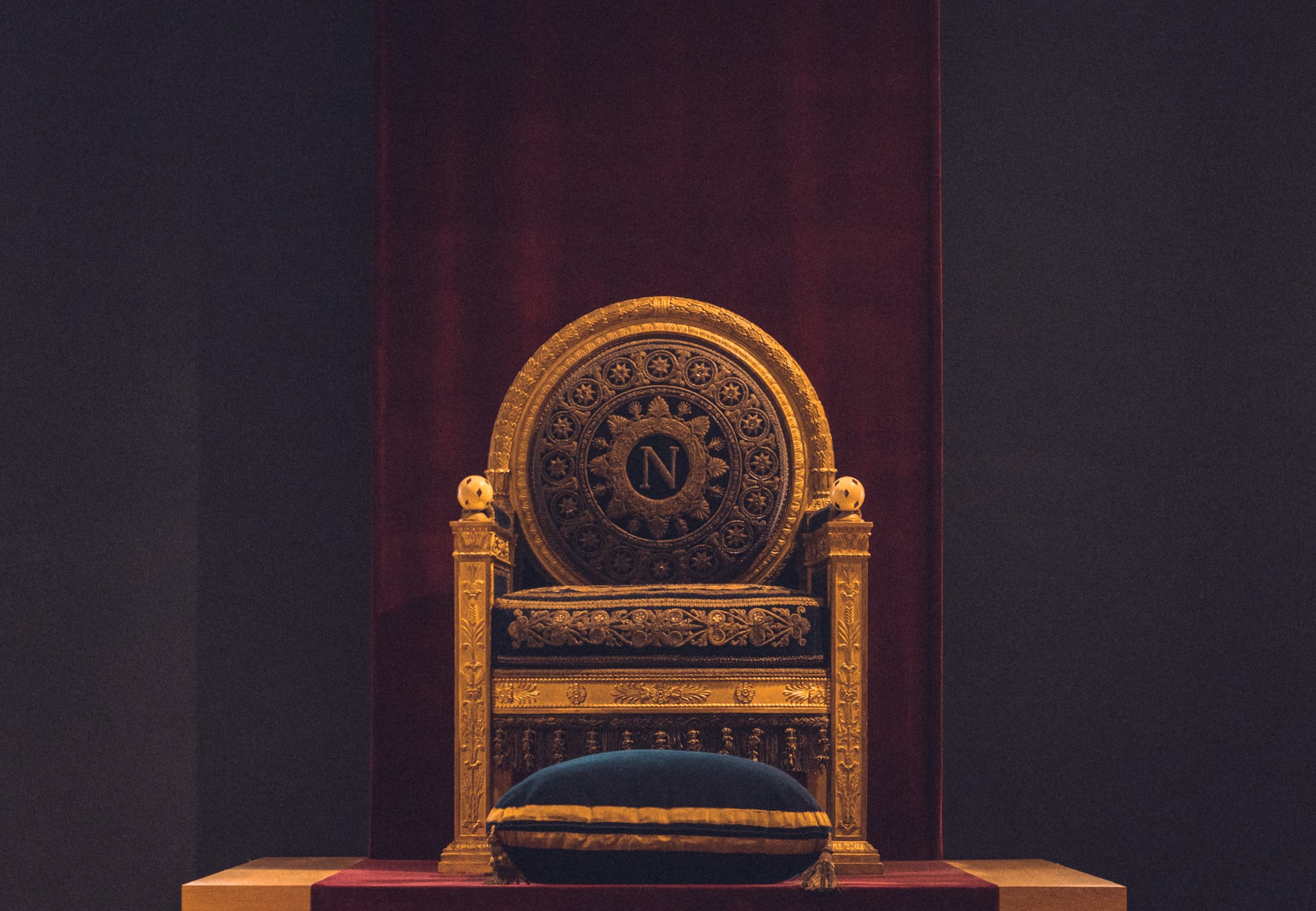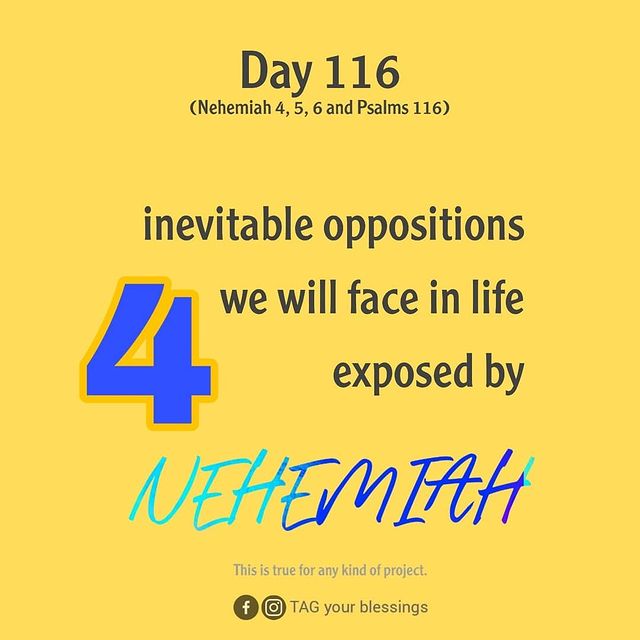As opposed to the books of Joshua and Ruth, the book of 1 Samuel has more than one protagonist.
Starring, we have: Samuel, a prophet, and the final judge of Israel; Saul, Israel’s first king; and David, a teenage shepherd. Said like this, it doesn’t seem like they have anything in common, but you’ll have to keep reading to find out how they all link up.
Before we dive in, and according to me, the book of 1 Samuel, is the first of a long series of books full of crimes of passion, single and mass murders alike. I have my own reason why it all went south, so just keep reading!
Post contents
Previously in the Bible…
Remember, Judges were military or political leaders raised by God for the liberation of Israel whenever they were oppressed by the surrounding nations in Canaan (the land they owned as heirs of the promise of God to their fathers), due to their failures at obeying and trusting God.
Back to 1 Samuel
1 Samuel begins with Hannah, who, being mocked year after year by Peninnah, prayed fervently for a miracle baby at the temple, so much so that she got noticed by the high priest Eli, who also happened to be the 14th judge of Israel. She finally ended up conceiving a baby, Samuel, which she dedicated to the Lord, and put under the custody of Eli.
Meanwhile, due to their misconduct, Eli’s children who had to be high priests after him lose that right and are promised death together with their father. Rather, the legacy is passed to Samuel, from the tribe of Benjamin**, who grew up to be an up right servant of the temple.
The game begins
Samuel
Israel got attacked and lost to the Philistines, their arch-enemy, and as a war trophy, the ark of the covenant was stolen. Eli was old, and his sons killed on the battlefield. Therefore, Samuel took charge of leading the people and brought victory to Israel. From there begun his rule over the chiefdom of Israel.
However, during Samuel’s reign as the 15th judge of Israel, and despite his victories in battle, the Israelites expressed their desire to be like “every other nation” by having a king rule over them, to lead them in battle (1 Samuel 8:5 and 8:20). By requesting this, they rejected God’s kingship over their lives (1 Samuel 8:7). So, though frustrated, Samuel had to anoint the one God chose for Israel, Saul, who became Israel’s first king and established Israel as a nation.
This marked the end of the reign of Samuel and the Judges as a whole, and also the beginning of the Kingdom of Israel (1 Samuel 12).
Saul
God chose him handsome, well-built, and charismatic (1 Samuel 9:2), leaving no choice to the people but to proclaim him as sovereign king (1 Samuel 11:15), and that despite coming from the least tribe of Israel, Benjamin, and in fact, the least family in that tribe too (1 Samuel 9:21).
Saul was a great military man, always leading his troops to victory against the Ammonites, the Philistines and the Amalekites. But he got cocky, and he lost his trust in God, which made him make a lot of mistakes. Eventually, God turned his back on him (1 Samuel 15:11) and it made things worse. His fall was great, as he was morally declining, and was tormented in a spirit.
At some point, he also got rejected by his people to the appraisal of the young David, who was the musician who served him in the palace once in a while. He himself had noticed this young David’s bravery, and in effect enrolled him in his army as a captain, just to end up resenting him out of jealousy. You see, the final battle of Saul’s life wasn’t against the nations who sought Israel’s decline, but it was against a man whose only crime, was to be successful at his duty.
After several attempts at killing David, in shame, and remorse, Saul in the end chose to kill himself and that was it.
David
Over with the teasing!!!
In the previous books, we got a few hints about this David. Now we get to know who he is.
He was the youngest among the 8 sons of Jesse, in the tribe of Judah. He loved the Lord, loved music, and loved being outside tending his father’s sheep.
David’s hobbies made way for him. He was the only one in all Israel who could soothe King Saul’s anguish, whenever he was tormented spiritually. That made him stand high in the heart of the king, and higher in the heart of the king’s son, Jonathan.
Also, when everyone stood in fear of the Philistine military champion, Goliath, David’s love and trust in God, enabled him to defeat that “uncircumcised Philistine” as he would call Goliath. This action made him popular in all Israel. As a resultant, he was nominated as captain of Israel’s army and was given King Saul’s daughter to marry. Unfortunately, this very act of bravery intimidated the King, who tried to kill him by every possible means.

So David was on the run, hunted by King Saul. He hid everywhere he could, even in the enemy’s territory, in Philistia, and served their king, rather than dying in Israel or getting other Israelites killed by his fault, given that King Saul murdered anyone who would help him.
Amazingly, David never lost faith in God. He was presented with two opportunities to do away with Saul, but chose to spare his life because of his loyalty to the king, and his unfailing observation of God’s laws.
At one point during a Philistine raid of Israel, and while David still lived in Philistia, king Saul died and the book ends.
I know this is abrupt, but that is really how the book of 1 Samuel ends, leaving us in suspense and asking “What happens next?”. To David for sure, but to Israel as well, who is left without a king, the king she desired so bad.
2 Samuel tells us everything about that, so let’s go!!
Take away

1) How to react in the face of opposition is a huge lesson to learn from 1 Samuel. All the important characters in the book went through this: Hannah with Peninnah; Eli with his sons; Samuel with Saul and the Israelites; Saul with Samuel and the Israelites, David with Saul and even God with Israel.
The right way to go about this is in humility, regardless of whether you are right or wrong, just like Hannah summarises it in Chapter 2 of the book. The Lord who rescues us is the answer to our opposition. He alone brings down, and He alone raises up.
Taking Saul and David as case study, they both had really humble beginnings. But once opposition arose, and when it seemed like God was not with them, David trusted God and remained steadfast, whereas Saul took matters into his hands. Perhaps according to him, God was too slow.
Therefore, God humbled Saul to the grave and David was given the grace to see this happen.
It’s not that you will definitely end up like either Saul or David, but rather that when God seems to be silent, He isn’t inactive.
Oppositions have this way of showing us who we are within. It drills through our hearts and shows to us our core beliefs, and leaves our inner self naked for our eyes to see. And if we are honest to ourselves, it is of utmost necessity in a world wherein it is ridiculously easy to fake every aspect of our lives.
2) I had hinted above that I have my reason to think why from now on in the story of Israel there will be so many crimes of passions. To me, this is because God stopped being their king.
If we look back from Exodus till 1 Samuel, God was the one catering for Israel without a middle man. Clearly they got sick of it. Perhaps they wanted a name they could hail to and adore, perhaps they wanted someone physical they could point to and be proud of. Perhaps they wanted the other nations to identify them via the face of a brave man.
I honestly didn’t understand how discontent they could get with God, when He made the Philistines acknowledge His greatness just by making their own god bow to Him (1 Samuel 4 to 7). Then I remembered all the times I wanted God to answer my prayers with something tangible and physical, that I and the people around me could not refute, rather than with just peace of mind.
We are undeniably lacking, but we give glory to the One who will never forsake us, despite the hurt we may cause Him.
** – Only the descendants from the tribe of Levi, also called the Levites, were allowed to serve in the temple and be high priests.



